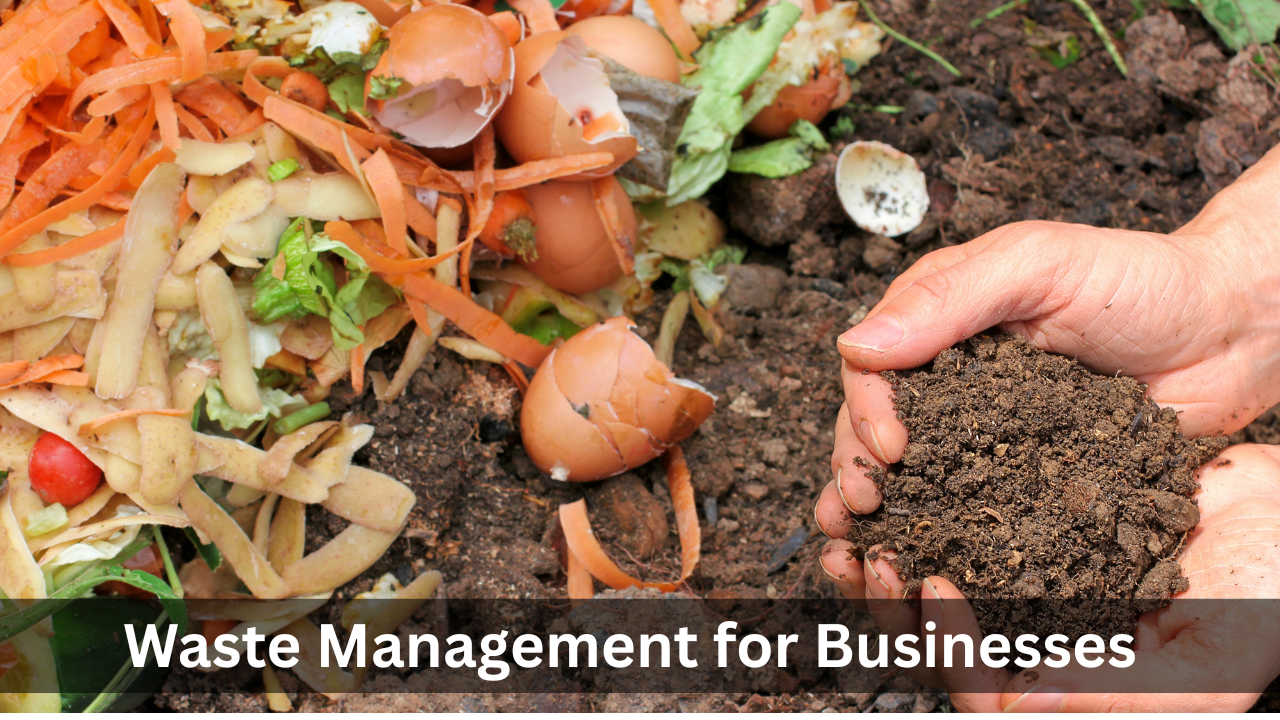Waste Management for Businesses: Smart Solutions for a Clean Future
Waste is a big problem for businesses in India today. Whether it’s a shop, restaurant, factory, or office — managing waste the right way is now a must. It not only helps the environment but also saves money and keeps your brand clean and trusted.
In this Scoopearth article, we share simple, real-world waste management tips that Indian businesses can start using right away.
Waste Management: Why It Matters for Businesses
Many people think waste is just a cleaning issue. But today, waste has become a business topic. Here’s why it matters:
✅ Helps meet government rules
✅ Reduces costs in the long run
✅ Builds your brand image as “eco-friendly”
✅ Keeps your workplace cleaner and safer
✅ Supports India’s Swachh Bharat Mission
Common Business Waste Types
Before solving the problem, you need to know what kind of waste your business produces. These are the most common:
- Organic waste: Food scraps, vegetable peels (cafes, hotels, canteens)
- Plastic and packaging: Bottles, wrappers, containers (retail stores, factories)
- E-waste: Old computers, printers, cables (offices, IT firms)
- Hazardous waste: Chemicals, oils, medical waste (industries, labs)
Best Waste Management Solutions (2025 Edition)
Here are practical ways to manage waste in your business — no fancy tech, just real solutions.
1. Segregate Waste at the Source
Start by keeping separate bins for:
- Wet waste
- Dry waste
- Recyclables
- E-waste
Even small shops can start with 2 or 3 bins. Bigger offices should aim for full segregation.
2. Partner With Waste Collection Services
Work with certified waste collectors in your area. Cities like Ahmedabad and Bengaluru now offer doorstep e-waste pickup for businesses.
👉 Look for government-approved vendors or companies like Saahas Zero Waste or Recykal for corporate waste solutions.
3. Compost Kitchen and Organic Waste
Hotels and restaurants can compost their food waste. Many Indian cities now support on-site composting units.
Result? Less landfill waste, free organic compost, and a great green image for your business.
4. Recycle or Sell Scrap Smartly
Tie up with local recyclers to sell cardboard, paper, and metal scrap. Don’t just throw it away. You can even earn from your waste!
Government Rules You Must Know
These are the key Indian rules every business should follow:
- Solid Waste Management Rules (2016) – segregation is compulsory
- Plastic Waste Management Rules (2016) – reduce, reuse, recycle plastics
- E-Waste Rules (2022) – return e-waste to authorized handlers
If you don’t follow these, there could be fines or action from municipal bodies.
Indian Brands Doing It Right
- ITC Hotels: Treat 100% of waste inside hotel premises
- Infosys: Manages 80% of its solid waste through recycling and composting
- Zomato: Runs a zero food-waste campaign with partners across cities
You can start small — every change helps.
Final Words from Scoopearth
In 2025, being a responsible business is more than just about profits — it’s about people and the planet. Waste management is no longer optional. The sooner your business adapts, the better your impact.
Whether you own a chai tapri or a chain of hotels, you can start your green journey today.
✅ Bookmark Scoopearth
✅ Learn how businesses in India are going clean and green
✅ Follow updates on eco-friendly practices and success stories







